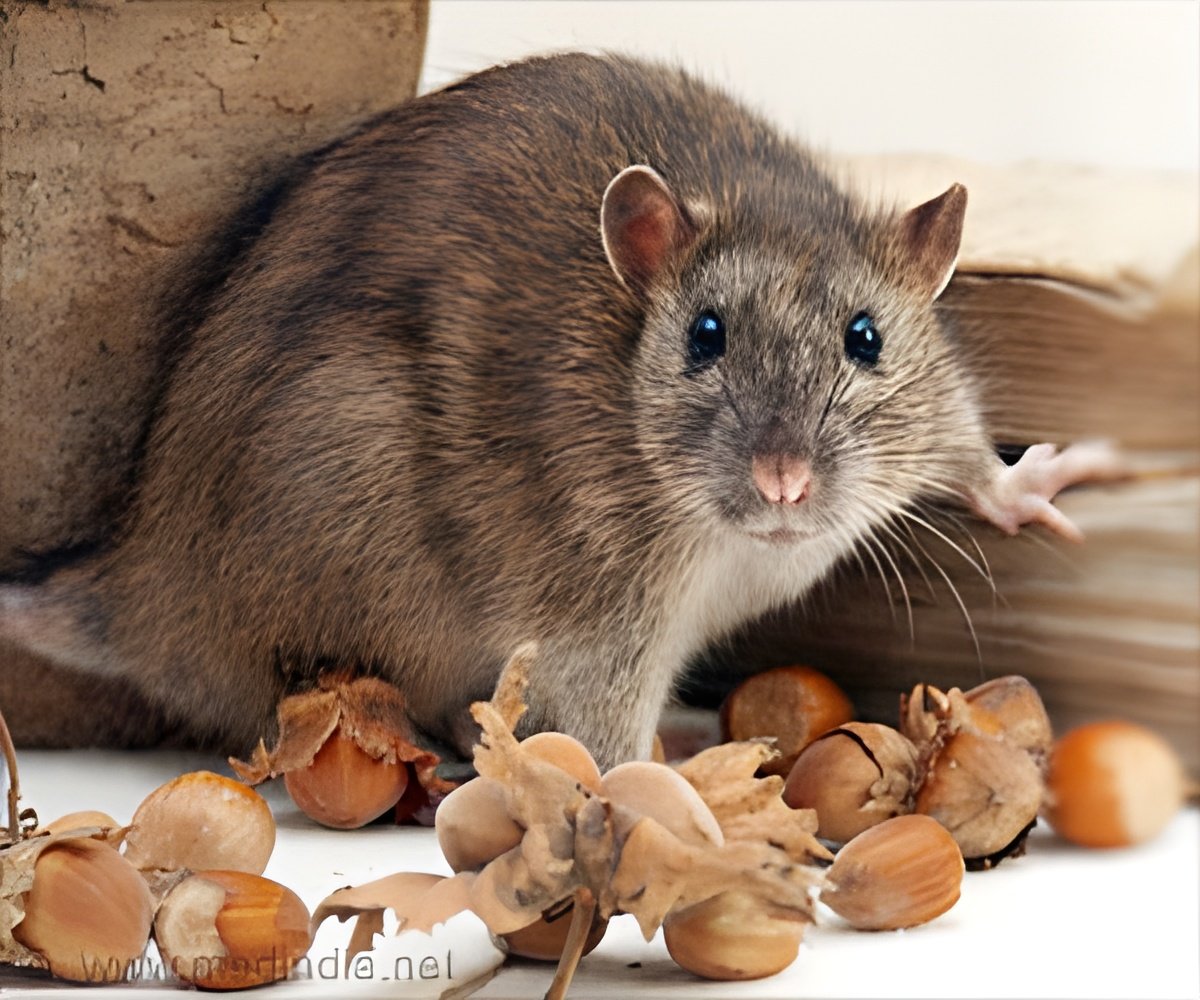Giant rats are being trained to detect tuberculosis-causing bacteria from rows of sputum samples with their impeccable sense of smell. They can test close to a hundred samples within 30 minutes.
Tuberculosis is an infectious bacterial disease. Although it is a treatable disease, in underdeveloped countries like Mozambique it can be deadly if left untreated. The diagnosis of tuberculosis is confirmed with laboratory tests which normally takes a lab technician four days. Researchers have now trained nine giant rats, who can sniff out tuberculosis-causing bacteria from rows of sputum samples. These rats have an impeccable sense of smell and can test close to a hundred samples within 30 minutes. This project has brought hope to thousands of tuberculosis sufferers who sometimes receive false results and test negative using the standard laboratory system.
Tuberculosis (TB) was declared a national emergency in Mozambique in 2006. The ministry of health figures reveal that 60,000 people were infected with TB in 2014, which was a 10% increase from 2013. These giant rats received a six month long training in Tanzania and are now bust at work at Eduardo Mondlane University in the capital Maputo. Samples delivered to the university for testing are collected from 15 health centers across Maputo.
Placed inside a glass cage, the rat darts from sample to sample, then stops or rubs its legs, indicating that a sample is infected with a TB causing bacteria. On completion of the task, it is given a treat through a syringe for a job well done. Sputum samples pointed out by the rats to contain TB bacteria are then sent for further tests using fluorescence microscopy, a more sensitive laboratory technique. The results are sent back to health centers, allowing patients to start treatment early.
Belgian group APOPO started the project in 2013 and claims rat testing to be more cost effective than other conventional methods. They are now working on getting the system approved by the World Health Organization, and are also planning to expand the program to other parts of the country.
Source-Medindia
















